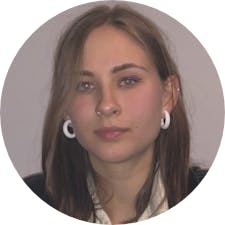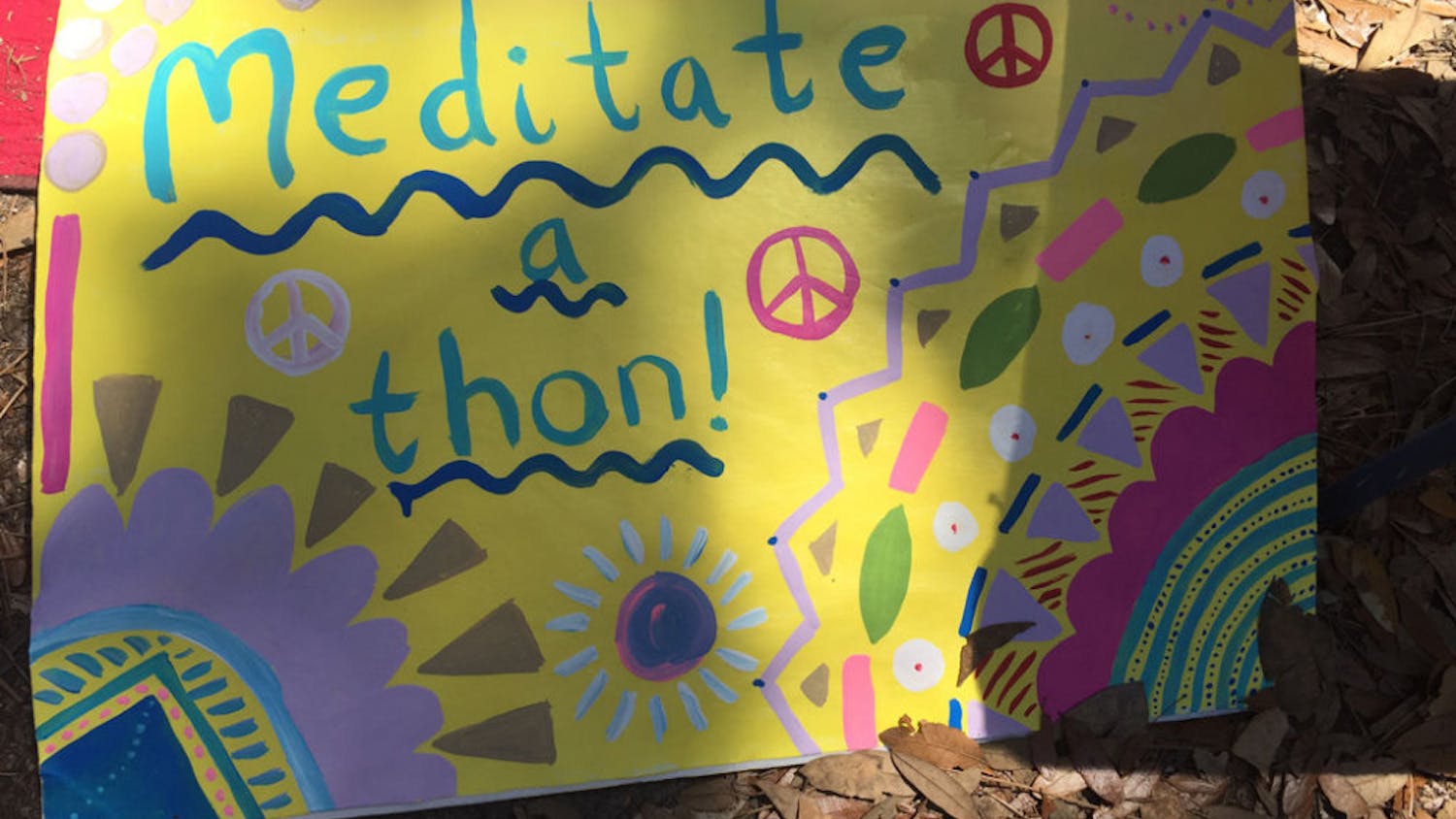When Debi and Bob Kolb started dating, their Friday dates always ended with meditations at the Gainesville Retreat Center.
The couple planned to get married at the center in January after being engaged for two years until the COVID-19 pandemic changed their plans.
Rather than a ceremony outdoors amid burning incense and candles, the two married at Bo Diddley Plaza. They didn’t want the elegance of fine china, but the elegance of simple clarity, Bob Kolb said.
“Let us vow to remember that all that appears, will disappear in the midst of uncertainty,” their vows read.
Despite the shifts in their circumstances, the two said Zen Buddhism offered them solace.
Through the pandemic and political strife, many have discovered sitting and existing in stillness soothes their occupied minds. Gainesville’s meditation centers Karuna Cottage, ChayVeda Integrative Ayurvedic Healing Arts and Gainesville Retreat Center have similarly seen a pique in interest.
Nancy Lasseter, the 68-year-old founder of the Karuna Cottage and UF Health wellness educator, said before the pandemic, seven to 15 people attended retreats and weekly meditations with the cottage. Now, about 30 people attend the virtual sessions.
Lasseter hosts a meditation hour Mondays at noon. She begins the session with a dharma talk, or a discussion about Buddhist principles and practices, then leads a 25-minute guided meditation.
During sessions, Lasseter records from the cottage as sunlight and bird calls crack through the picture windows. She faces a statue of Kuan Yin, the goddess of compassion, in one room or an altar topped with red wood roses and Buddha in another.
With UF Health, she leads a beginner’s meditation session and martial art Qigong session Mondays. These sessions are aimed toward people with medical disabilities, but are available to anyone. Qigong mimics animal movements and teaches people how to cultivate patience, she said.
Chaya~Sharon Heller, the 59-year-old wellness instructor and founder of the ChayVeda Integrative Ayurvedic Healing Arts, holds a yoga teacher training and an Ayurvedic massage and bodywork training.
Ayurvedic healing is a holistic science used for medicine that studies energy and interaction.
Typically, her students are from outside of Gainesville, but since she began teaching through Zoom, more people from across the country have been able to join the classes and practice mindfulness, she said.
For Heller, mindfulness means allowing oneself to feel every itch, swell of anger or pang of joy without attaching to these sensations. It also means being present without seeking the desirable and deterring from the undesirable.
“You recognize that everything in life always changes, it's just the one thing takes you to the next thing, you actually realize that this is maybe a stepping stone to the next thing,” she said.
At the Gainesville Retreat Center, Shana Smith, the 52-year-old founder, has held weekly Zoom Zazen meditations and Zoom Zen yoga since March.
The center sits on 118 acres of woods off Hawthorne road and encompasses Noonan's Lake. Before the pandemic, she hosted guided hikes and retreats through the surrounding wetland areas, oaks, hardwoods and pine trees.
“We're in a wildlife refuge,” she said. “It's just kind of meant to be shared.”
Attendees have had to adjust to an online format, but she said their metaphysical connection is present. Even in silence, she said, they feel more united than if they shared their life stories.
“That expanded connectivity is realized when you sit with other people, whether they're next to you, or whether they're in another part of town or another state,” she said.
Through mindfulness-based stress reduction, Lasseter learned to hold compassion towards herself rather than shame and self-denigration.
“To feel the sensations of fear, to feel the sensations of anxiety or sadness, and to have this home where it's okay to feel that — it's really a place of acceptance,” she said.
And for Smith, meditating allows her to translate internal benevolence to the wider world and others. Because to help others, we must first help ourselves, she said.
“Something about acknowledging what's happening, sitting with it and becoming still with things exactly as they are feeds this impulse to then stand up and do something beneficial and helpful,” she said.

Katie Delk is a sophomore with a journalism major and an anthropology minor. For the Avenue, she writes about music, culture and the environment. When she is not writing, she is outside with the trees, reading a fantasy book or listening to Beach House.





